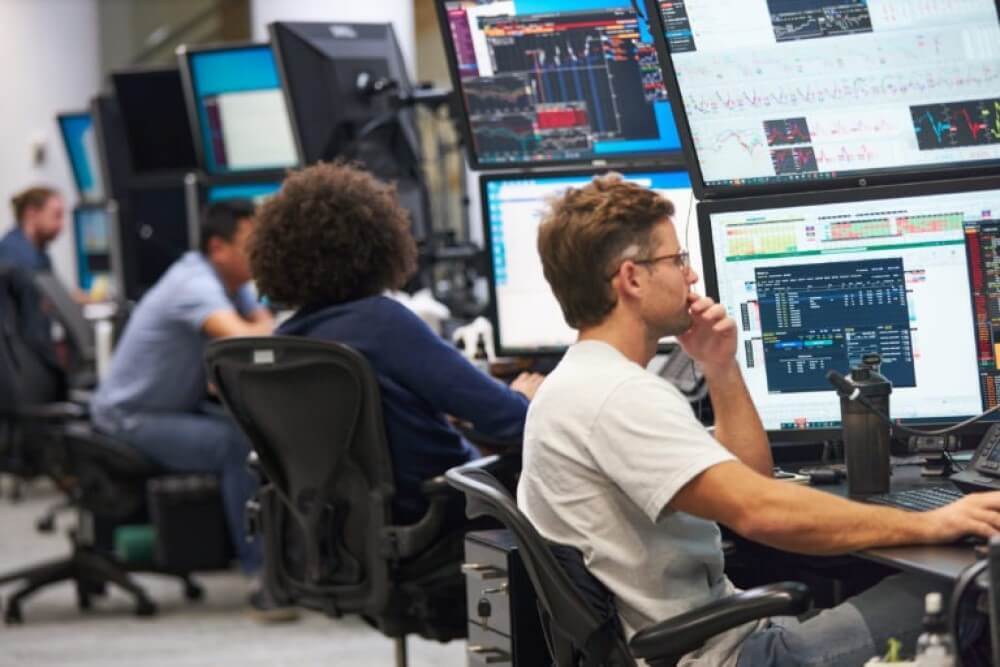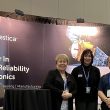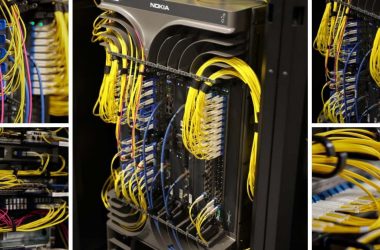Global electronic market maker Optiver, a large company with its HQs in Amsterdam, the Netherlands while trading on over 100 exchanges, is improving its financial market infrastructure by using AMD’s portfolio of high-performance computing (HPC) products. To address a variety of technological challenges in the financial markets, the organization makes use of Virtex FPGAs, Alveo adaptive accelerators, Solarflare low-latency Ethernet adapters, and AMD EPYC CPUs.
The goal of this partnership is to create solutions that improve the financial markets’ complexity and effectiveness. The urgent need for sophisticated computer infrastructure to handle the quick speed and intricacy of financial markets was underlined by Alexander Itkin, U.S. Chief Technology Officer (CTO) at Optiver. “We’re always pushing the envelope – from scaling up processing power to minimizing latency. We need AMD’s high-performance products to be competitive and adjust to changing market conditions.”
Utilizing a combination of hardware and software solutions, Optiver’s strategy would maximize speed and efficiency – two essentials for staying competitive in the quick-paced trading world. Optiver‘s processing capacity can be greatly increased by using 4th Gen AMD EPYC processors, which is essential for data analysis and sustaining the density needed for contemporary data centers.
Furthermore, Optiver depends on AMD’s Solarflare X2 family Ethernet adapters. These network adapters would offer critical low-level network interface control right at the application level and are specifically made for high-performance electronic trading. This capacity is essential to Optiver’s requirements since it would enable them to create scalable solutions that are flexible and capable of winning over customers.
The incorporation of AMD Virtex UltraScale+ FPGAs responds to the demand for smart network solutions that go beyond conventional fixed-function silicon devices and the exponential increase of data. These FPGAs are very fast and have a high processing capacity. They also give Optiver the flexibility it needs to adapt to changing connectivity standards and stay at the forefront of system acceleration.
The AMD Alveo U55C and UL3524 adaptable accelerator cards would also be advantageous to Optiver. These would significantly improve latency performance, up to seven times better than earlier FPGA technology. These accelerators are essential to Optiver’s operations because they make it possible for them to handle and transfer critical financial data more quickly.
Collaborating with Clients to Push Technological Limits
Kevin Sprague, U.S. Hardware Lead at Optiver, highlighted the transformative impact of their collaboration with AMD. “The Alveo ultra-low latency cards are pivotal in allowing us to transfer vast amounts of information quickly, which is essential for meeting the unique demands of the financial industry. Our partnership with AMD has not only facilitated the development of tailored products but has also enabled us to enhance our overall infrastructure by integrating AMD FPGAs and EPYC CPUs into our high-performance trading systems,” Mr. Sprague explained.
Archana Vemulapalli, Corporate Vice President of Commercial Enterprise at AMD, praised the collaborative efforts with Optiver. “Our work with Optiver exemplifies how we push technological limits together with our customers, showcasing the power of AMD’s solutions to tackle both current and future challenges effectively,” she said.
Optiver believes that AMD’s wide range of computational engines enables it to not only meet but also beyond the demanding requirements of electronic trading systems, leading to breakthroughs in the financial markets. In the cutthroat world of financial trading, this partnership is a shining example of how using cutting-edge technology can provide systems that are more than the sum of their parts.











